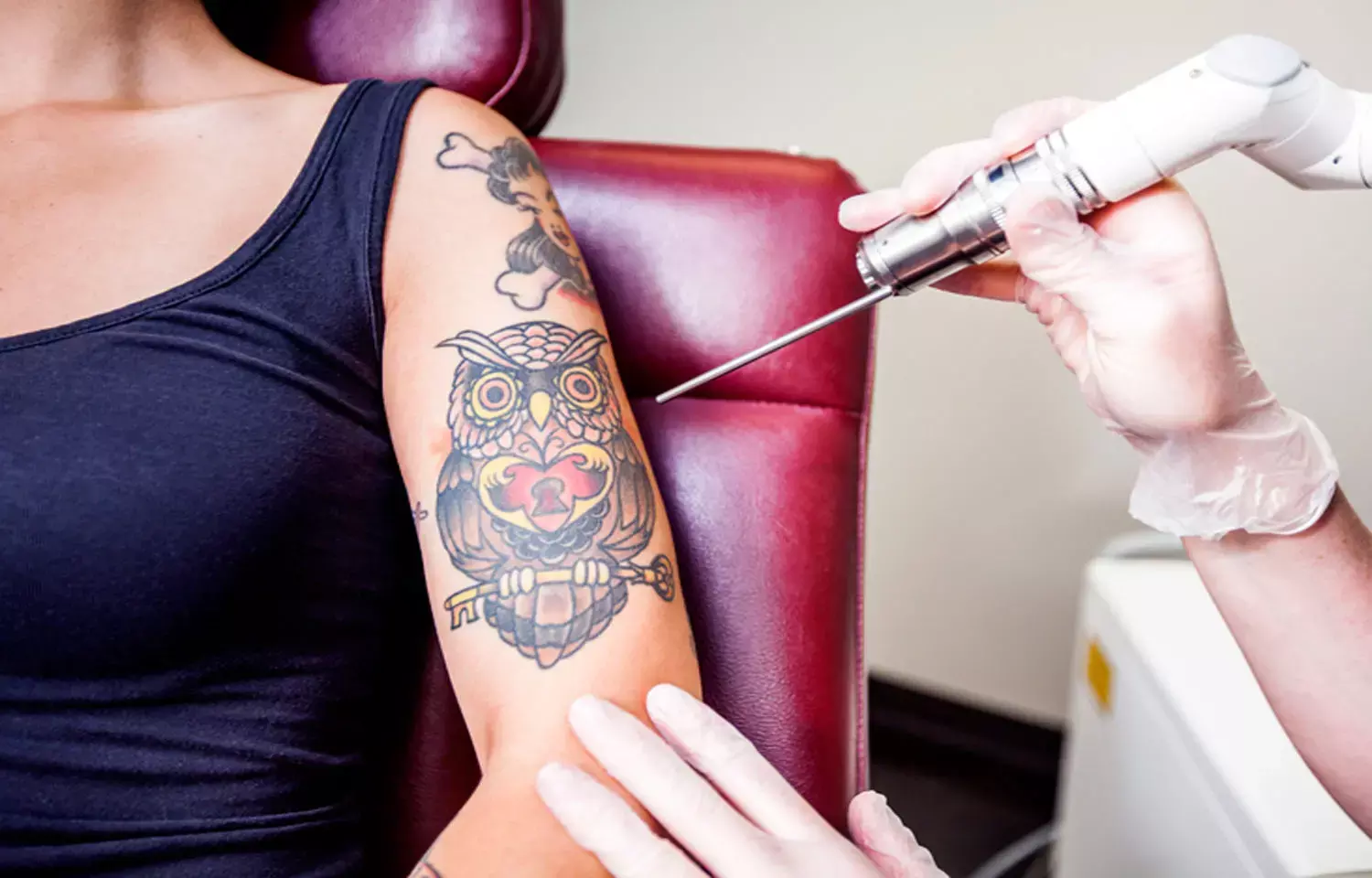- Home
- Medical news & Guidelines
- Anesthesiology
- Cardiology and CTVS
- Critical Care
- Dentistry
- Dermatology
- Diabetes and Endocrinology
- ENT
- Gastroenterology
- Medicine
- Nephrology
- Neurology
- Obstretics-Gynaecology
- Oncology
- Ophthalmology
- Orthopaedics
- Pediatrics-Neonatology
- Psychiatry
- Pulmonology
- Radiology
- Surgery
- Urology
- Laboratory Medicine
- Diet
- Nursing
- Paramedical
- Physiotherapy
- Health news
- Fact Check
- Bone Health Fact Check
- Brain Health Fact Check
- Cancer Related Fact Check
- Child Care Fact Check
- Dental and oral health fact check
- Diabetes and metabolic health fact check
- Diet and Nutrition Fact Check
- Eye and ENT Care Fact Check
- Fitness fact check
- Gut health fact check
- Heart health fact check
- Kidney health fact check
- Medical education fact check
- Men's health fact check
- Respiratory fact check
- Skin and hair care fact check
- Vaccine and Immunization fact check
- Women's health fact check
- AYUSH
- State News
- Andaman and Nicobar Islands
- Andhra Pradesh
- Arunachal Pradesh
- Assam
- Bihar
- Chandigarh
- Chattisgarh
- Dadra and Nagar Haveli
- Daman and Diu
- Delhi
- Goa
- Gujarat
- Haryana
- Himachal Pradesh
- Jammu & Kashmir
- Jharkhand
- Karnataka
- Kerala
- Ladakh
- Lakshadweep
- Madhya Pradesh
- Maharashtra
- Manipur
- Meghalaya
- Mizoram
- Nagaland
- Odisha
- Puducherry
- Punjab
- Rajasthan
- Sikkim
- Tamil Nadu
- Telangana
- Tripura
- Uttar Pradesh
- Uttrakhand
- West Bengal
- Medical Education
- Industry
Aesthetic Medicine procedures safe among patients of Autoimmune Inflammatory Rheumatic Diseases

A recent study conducted at the National Institute of Geriatrics, Rheumatology, and Rehabilitation in Warsaw, explored the safety of esthetic medicine (AM) procedures in individuals with autoimmune inflammatory rheumatic diseases (AIRD). The findings published in the Rheumatology International found the growing intersection of esthetic medicine and rheumatic care.
This extensive study examined the experiences of 497 AIRD patients who underwent various esthetic procedures encompassed a diverse range of esthetic procedures, including tattooing, piercing, hyaluronic acid injections, botulinum toxin treatments, laser procedures, plastic surgery, and mesotherapy. Notably, 70.2% of patients received concurrent treatment with disease-modifying antirheumatic drugs (DMARDs), with TNF-alfa inhibitors being the most prevalent.
Surprisingly, the adverse events were reported in only 15% of patients, all of which were characterized as mild and transient site reactions. Importantly, these reactions did not deter patients, as most expressed satisfaction with the results and an inclination to repeat the esthetic medicine procedure in the future.
The study revealed that the majority of patients opted for esthetic procedures during periods of remission or low disease activity. This sheds light on a potentially safe window for AIRD patients to explore esthetic enhancements.
The study acknowledges the need for further exploration, especially considering the relatively mild adverse events reported. Caution is advised, and the study underscores the importance of aligning esthetic procedures with evidence-based, standard-of-care treatments for AIRD.
In the evolving landscape of medical aesthetics, this study provides valuable insights into the safety of esthetic procedures for a growing demographic of patients with autoimmune inflammatory rheumatic diseases. The findings contribute to ongoing discussions about expanding esthetic options for individuals managing complex health conditions, emphasizing the importance of a multidisciplinary approach.
Reference:
Felis-Giemza, A., Matusiewicz, A., Wajda, A., & Olesińska, M. (2023). Safety of esthetic procedures in rheumatic patients: single-center survey of patients. In Rheumatology International. Springer Science and Business Media LLC. https://doi.org/10.1007/s00296-023-05481-5
Neuroscience Masters graduate
Jacinthlyn Sylvia, a Neuroscience Master's graduate from Chennai has worked extensively in deciphering the neurobiology of cognition and motor control in aging. She also has spread-out exposure to Neurosurgery from her Bachelor’s. She is currently involved in active Neuro-Oncology research. She is an upcoming neuroscientist with a fiery passion for writing. Her news cover at Medical Dialogues feature recent discoveries and updates from the healthcare and biomedical research fields. She can be reached at editorial@medicaldialogues.in
Dr Kamal Kant Kohli-MBBS, DTCD- a chest specialist with more than 30 years of practice and a flair for writing clinical articles, Dr Kamal Kant Kohli joined Medical Dialogues as a Chief Editor of Medical News. Besides writing articles, as an editor, he proofreads and verifies all the medical content published on Medical Dialogues including those coming from journals, studies,medical conferences,guidelines etc. Email: drkohli@medicaldialogues.in. Contact no. 011-43720751


